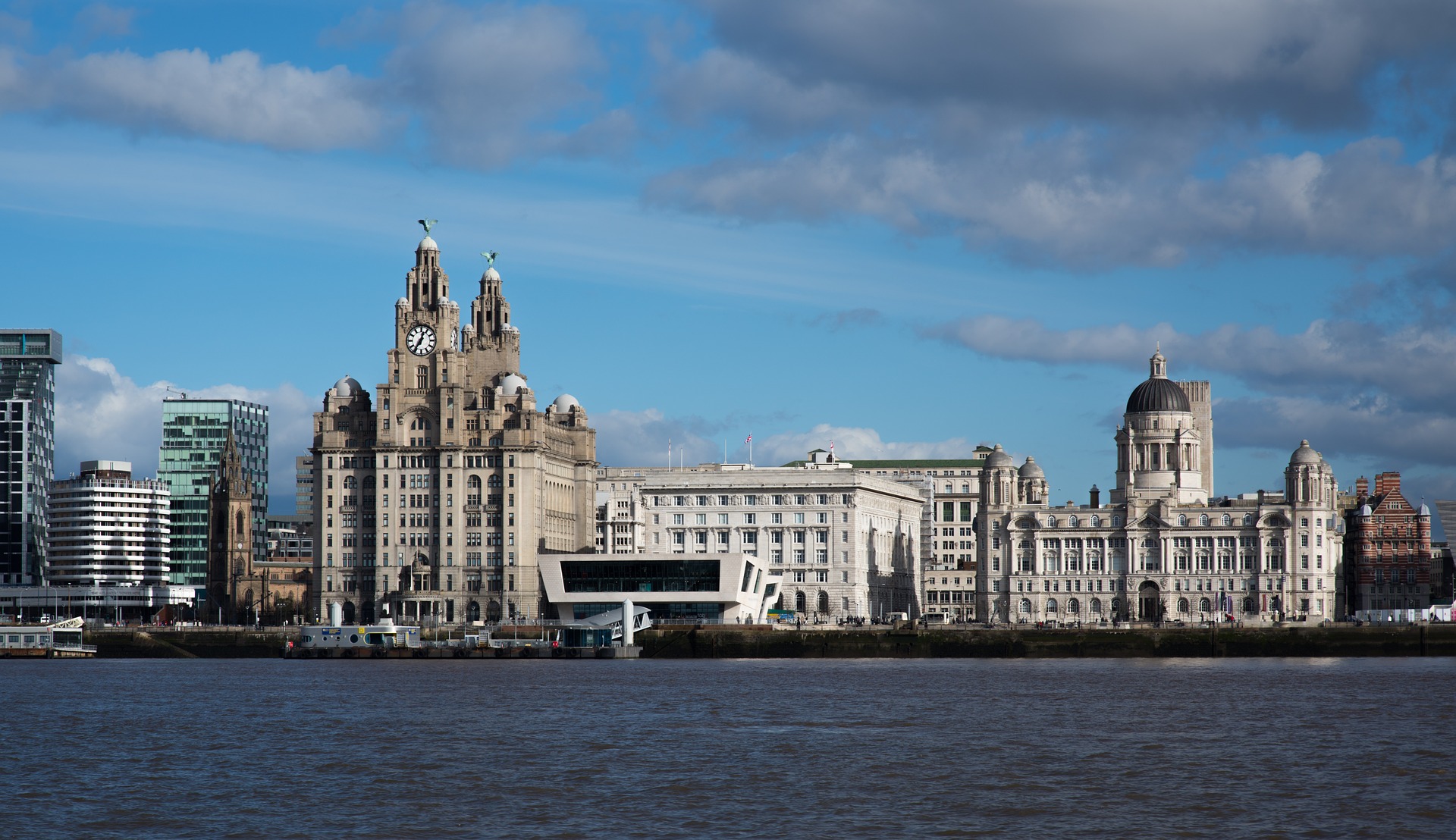The English city of Liverpool has announced a partnership with an environmental blockchain non-profit in its continuing bid to become the first climate-positive city in the world.
Liverpool City Council has teamed up with a Maltese NGO, the Poseidon Foundation, to introduce a system that uses the blockchain to precisely track the carbon footprint of purchases and automatically offset them by making micro-donations to sustainable, forest conservation projects. The hope is that the partnership will help reduce Liverpool’s carbon footprint by over 110 per cent, with the aim of making it the world’s first “climate-positive” city by 2020.
Carbon Negative to Neutral in an Instant
The Poseidon Foundation’s goal is to revolutionise the way the world relates to carbon emissions and allow consumers to participate in climate action by instantly offsetting their everyday purchases.
When a purchase is made, the carbon cost of that product is added to the bill and Poseidon is informed in real time. Poseidon then uses the payment to purchase their own native tokens which are exchanged for carbon credits. Finally, the payment for these carbon credits is sent onto conservation projects, with the user being informed of their contribution via the Poseidon app. The entire process is monitored and verified – and kept transparent – on the blockchain.
Following the announcement of the partnership, Liverpool mayor Joe Anderson stated:
“Poseidon’s technology is the first of its kind to truly deliver a solution to governments, businesses and individuals around the world to help reverse the causes of climate change, and I am thrilled this agreement will bring this cutting-edge technology to our city.”
Details about specific projects are still unclear, however, and neither Liverpool city council nor Poseidon has provided more details about when the technology is going to be introduced, what sectors of the city will be involved and whether participation will be compulsory or voluntary. And the question also remains as to the effectiveness of carbon offset schemes. What are they actually more effective at protecting – the environment or our conscience? Maybe a change in our consumer habits would have an even more positive impact – in a much simpler way.
Liverpools Bid to Go Green
In recent years, however, Liverpool has become one of the greenest cities in the UK, with the council striving to overperform in regards to carbon reduction goals. Since 2012, the city has seen an 18 per cent reduction in carbon emissions, with that figure expecting to rise to 35 percent by 2020 – far outsripping the 20 percent target set by the EU Covenant of Mayors.
In particular, Liverpool has embarked on a series of renewable energy programmes (seeing a 550 per cent rise in renewable energy installations in the city), as well as reducing fossil-fuel transportation and increasing the power efficiency of local government and public buildings. Future programmes could also involve installing tidal and power generators onto and around the city’s famous Mersey river.
Blockchain technology is increasingly been seen as a powerful tool in the fight against environmental and social problems, with its immutable distributed ledger claiming to provide unprecedented transparency and accountability in areas where this was previously lacking. However, some doubts still remain about the true transparency of the platform, and while Poseidon states that the Stellar network that their solution is based on uses much less electricity than both Bitcoin and Ethereum and also a fraction of the electricity that a VISA transaction requires, the energy consumption of blockchain, and its related cryptocurrencies, is also a cause for some concern.






